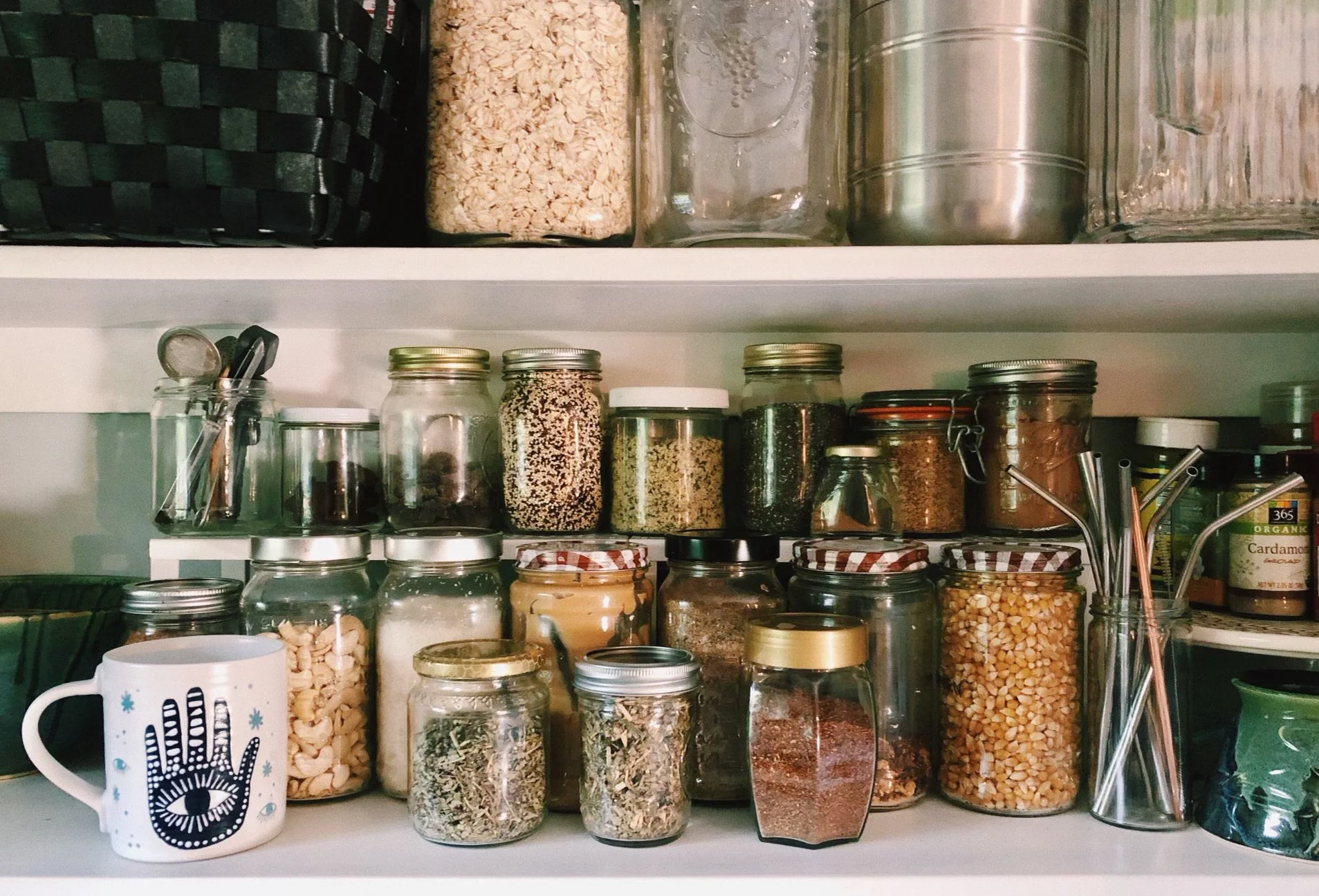PLASTIC-FREE PRIVILEGE
July 2, 2021
Today, on the second day of my fourth year participating in Plastic-Free July, I feel called to recognize that I’m lucky to have the luxury of working towards reducing my waste. Now, more than ever, it feels imperative that we, as environmentalists, acknowledge the privilege that makes this particular form of activism possible. There is an ever-present element of classism that we often see in eco-friendly internet spheres, and shining a light on this phenomenon feels like the least I can do.
It should come as no surprise that wealth inequality in the US runs rampant, with 70% of the wealth being held by just 10% of the population. The bottom 50% of the American population holds a mere estimated 2% of that wealth. I share these statistics to illustrate that the vast majority of us are often economically disadvantaged when it comes to our ability to participate in even the most seemingly practicable forms of environmental activism. Many of us are simply not afforded the resources to live an entirely eco-friendly lifestyle, whether than be plastic-free, zero-waste, vegan, or otherwise.
These forms of environmental activism, when practiced with an all-or-nothing mindset, are often unattainable, especially for those of us living below or near the poverty line. Sustainability, while a noble cause, is understandably not a top priority for those of us who are simply struggling to survive the day-to-day. Corporations rely on single-use plastic to keep their profit margin as high as possible, often with little to no regard for what it does to our environment. Our inability, as individuals, to effectively live outside of that system of environmental destruction, is through no fault of our own, especially when so many of these systems remain in place.
I’m fortunate to be in a position where I can reject the hyper-consumerist mindset that the US has been built on, if only for a month every summer. However, because so many people living in poverty/food deserts rely on subsidized foods, EBT, & low-cost foods just to live (almost all of which are packaged in plastic), I recognize that this type of extreme activism is not doable for a huge percentage of the population. At this time, eco-friendly products and foods are often only available to those of us with a very specific income level. We can work to change that (and I do, every day!) but this is the current reality that we, as environmentalists, need to face.
At the end of the day, when someone such as myself posts a photo of a beautiful vegan meal, a plastic-free bathroom setup, or a pile of farmers market produce, we must make a point to remember that while these lifestyle choices are likely helping in reducing environmental destruction, they are also a result of privilege. Inequity (be it financial, racial, gender-based, or otherwise) is just one more important factor to discuss and actively work against in the world of environmental activism. We need to tackle this issue from the top down, and turn our focus to the systems that have allowed the plastic crisis to happen, rather than vilifying individuals for using plastic straws.
That being said, I’m extremely proud to participate in the plastic-free movement, and even prouder of anyone who is actively doing their best in this area despite their own individual circumstances. We may have many systems of oppression stacked against us, but it has been proven time and time again that the smallest changes do make a difference when practiced in large numbers. After all, Anne-Marie Bonneau (otherwise known as the always-inspiring Zero-Waste Chef) said it best: “We don’t need a few people doing zero-waste perfectly. We need millions of people doing it imperfectly.”

